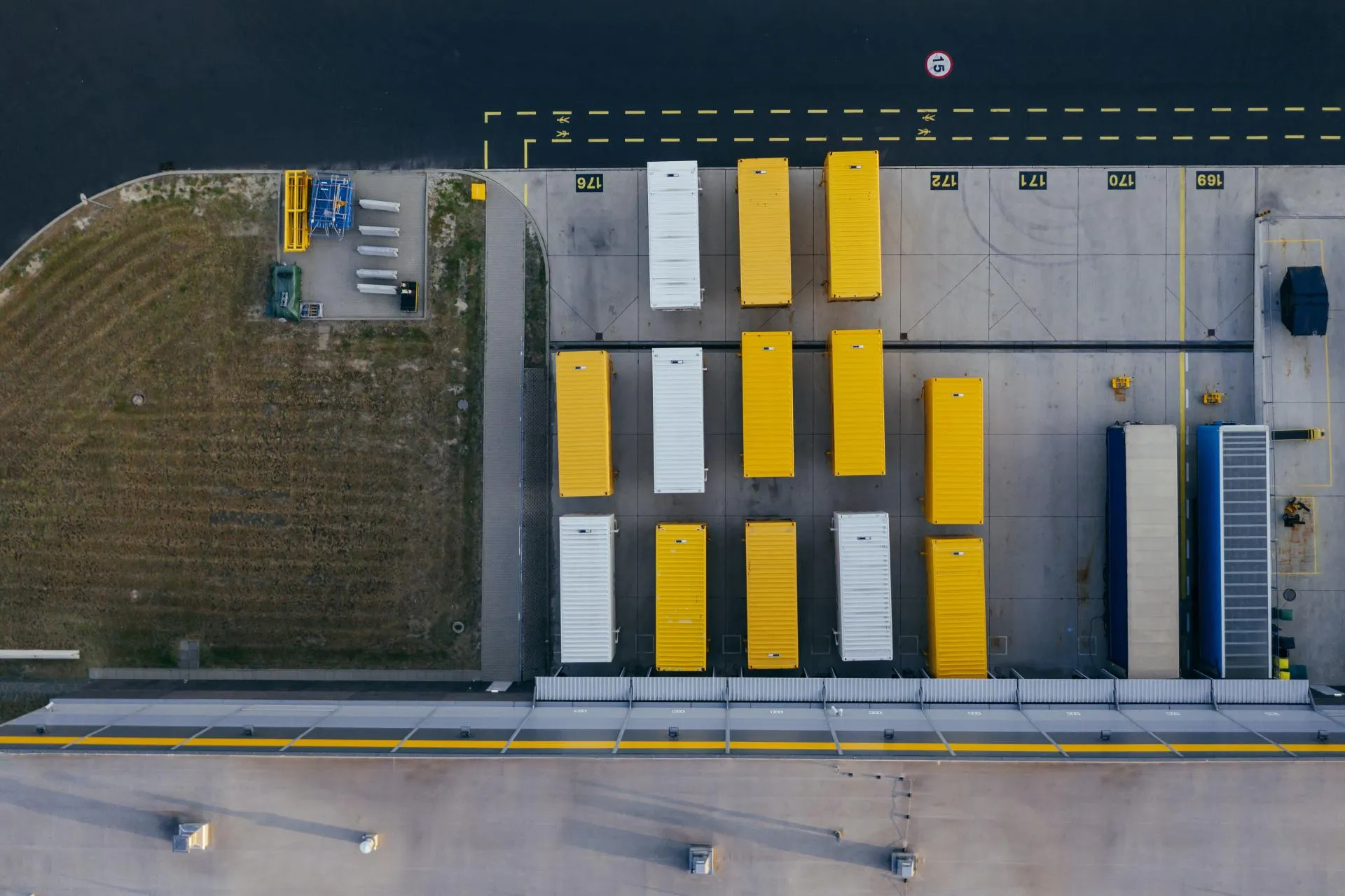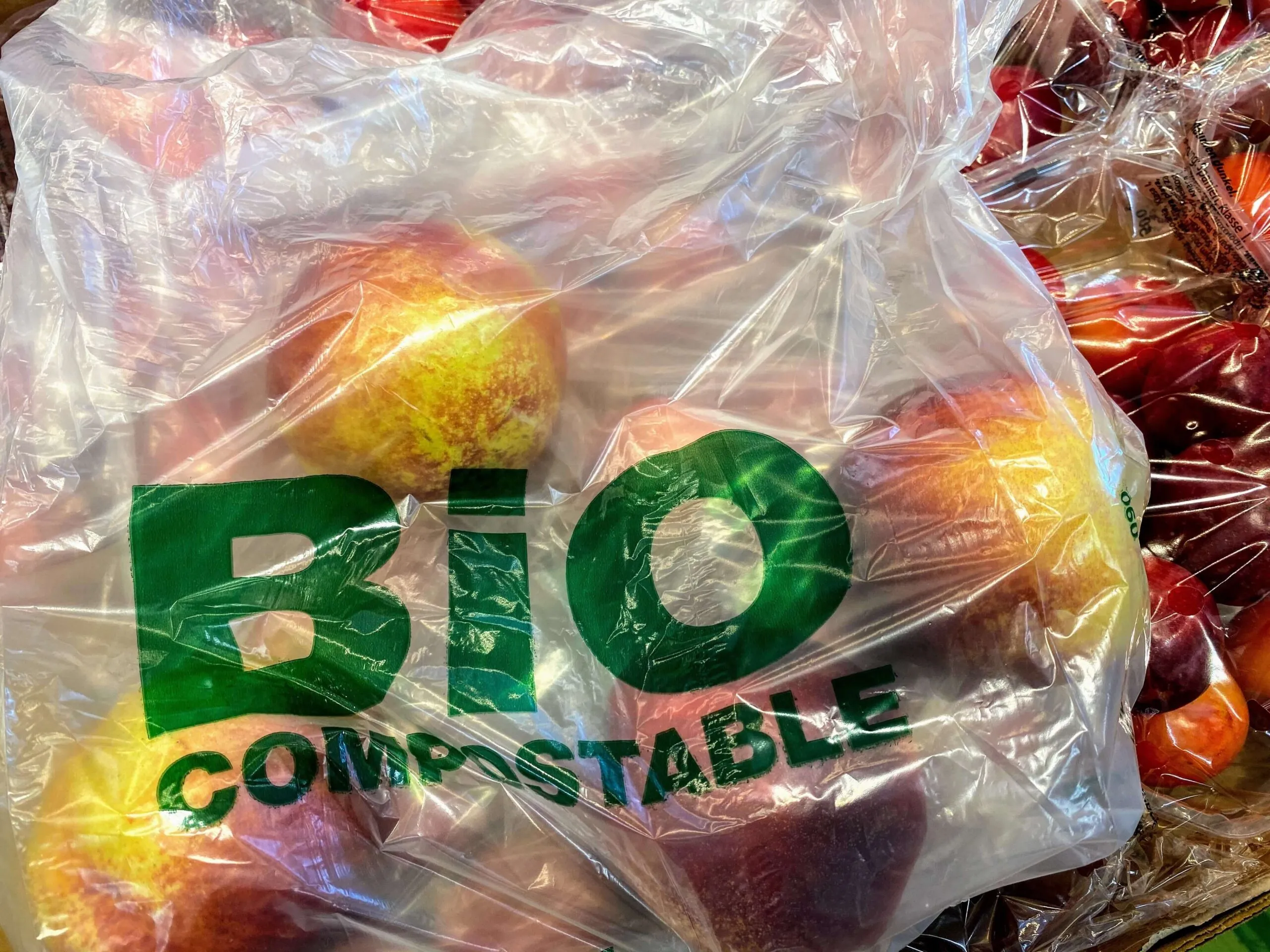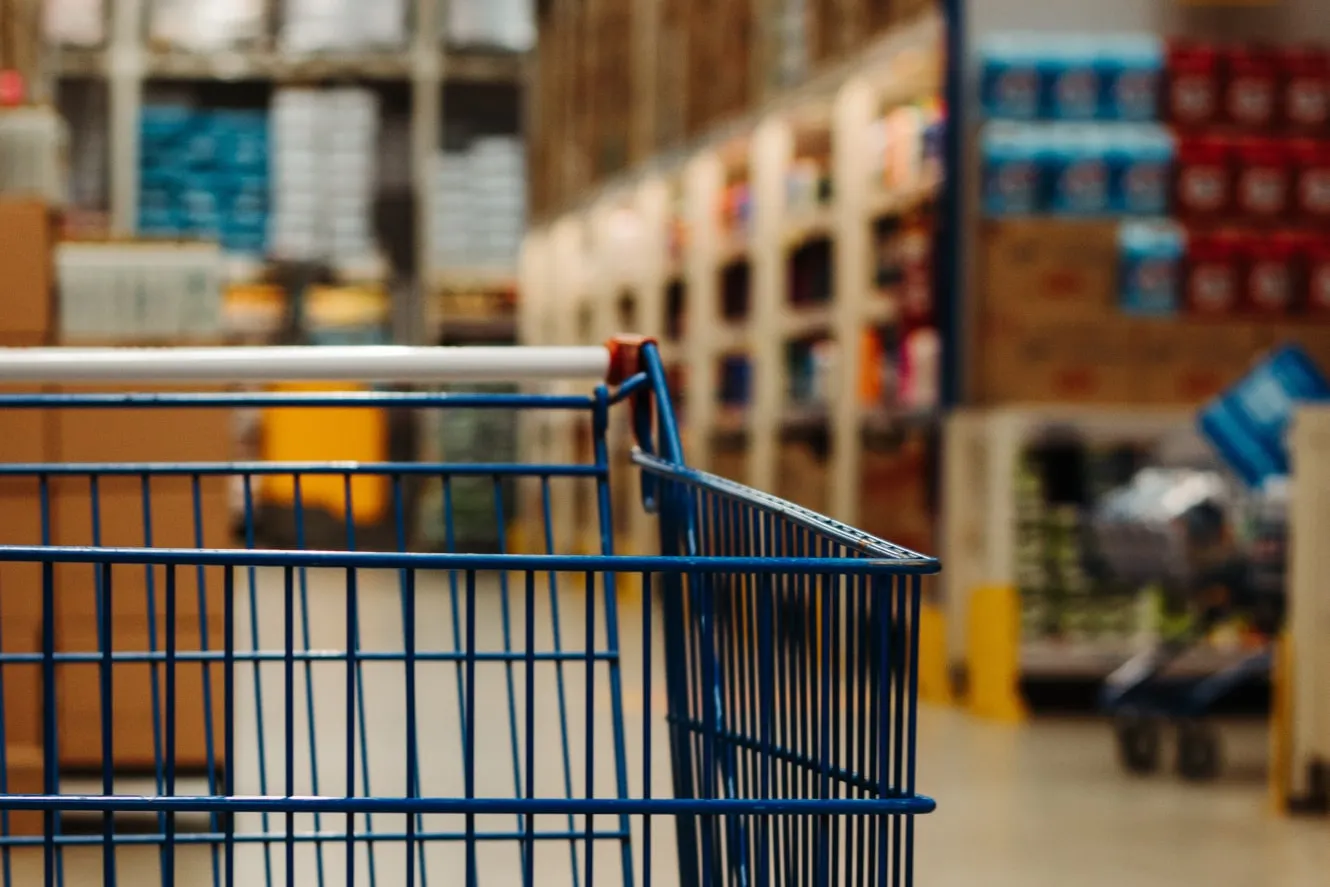Food transport is one of the most demanding sectors of the TSL industry due to the specific requirements for the transport of food products. This results from regulations and provisions specifying the conditions that must be met both during storage and delivery. This means that issues such as the transport route, cargo handling and temperature in the trailer must be adapted to the specific nature of the goods being transported. So what is worth knowing about food transport?
Food transport – legal issues
Maintaining appropriate conditions during food transport affects not only the timely delivery and minimization of the risk of cargo damage, and therefore also financial losses, but also the consumer's safety. Improper handling of food may, at best, result in loss of nutritional value or taste, and at worst, pose a health risk when consumed. Many food products are very sensitive to temperature changes and moisture, so they can be damaged relatively easily if the carrier does not exercise due care. It is therefore not surprising that there are detailed regulations governing the transport of food.
What regulations govern the transport of food in Poland?
- Act of 25 August 2006 on food and nutrition safety
- Regulation (EC) No 852/2004 of the European Parliament and of the Council of 29 April 2004 on the hygiene of foodstuffs
- Regulation (EC) No 178/2002 of the European Parliament and of the Council of 28 January 2002 laying down the general principles and requirements of food law, establishing the European Food Safety Authority and laying down procedures in matters of food safety
- Agreement on the international transport of perishable foodstuffs and on special means of transport intended for such transport (ATP), adopted at Geneva on 1 September 1970
Does transporting food products require special licenses?
Carriers operating in Poland must have a permit to perform the occupation of road carrier and a license to perform road transport, and in the case of international transport, also a Community license. In the case of food transport, there are also additional requirements to the basic ones:
- you must register your business with the State District Sanitary Inspectorate and register all vehicles that will be used to transport food,
- in the case of transport of products of animal origin, a notification must also be submitted to the District Veterinary Inspectorate,
- it is necessary to adapt the activities to the international standard ISO 22000:2005 specifying the requirements for food safety management systems,
- each driver involved in the transport of food must have a valid sanitary inspection book,
- adapting transport conditions to the requirements specified in the ATP Convention.

Which cars are suitable for transporting food products?
Selecting a means of transport adapted to the requirements of the transported cargo is crucial to ensuring appropriate road conditions. In the case of food, the most frequently used are isothermal trailers (thanks to effective insulation, it maintains a constant internal temperature regardless of weather conditions) and refrigerated trailers (they allow the transport of frozen products at temperatures down to -20 degrees).
What should you remember when transporting food?
Fruit distribution, meat, dairy products, drinks, sweets, loose and frozen products are different sections of food transport, but in each of these cases tools and vehicles that meet specific requirements must be used. It is worth remembering a few basic issues regarding the preparation and implementation of such transport:
- The temperature at which specific product categories must be transported is specified under the ATP Convention, and in the case of packaged goods, the temperature is determined by the manufacturer.
- The vehicle must be marked in accordance with the requirements specified in the regulations for individual product groups.
- The carrier is obliged to ensure the hygiene and cleanliness of the vehicle used to transport food.
- Timely deliveries in the case of food products are particularly important because these products are very sensitive and each day of delay may affect their shelf life and quality.
- Individual products may adversely affect other products in their environment (e.g. fresh fruit - bananas and apples should not be stored close to each other). When preparing transport, it is worth taking into account not only the requirements of the entire product group, but also of each individual product.
Effective transport is a guarantee of timely deliveries and maintaining high quality of transported products. In order to optimize the entire process, it may be most profitable to choose a food wholesaler that not only offers a wide range of products, but also independently carries out deliveries using its own fleet. That's exactly how it works MPT Stanro!





